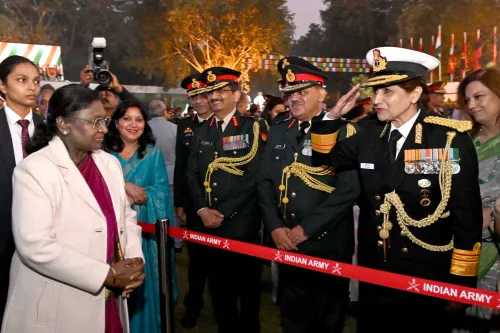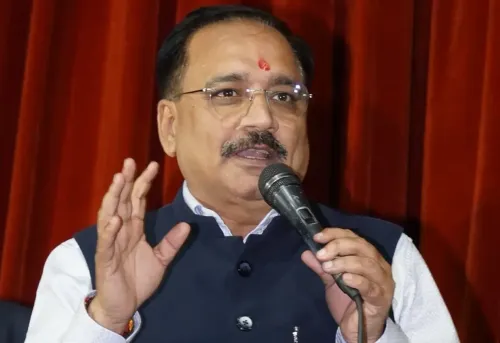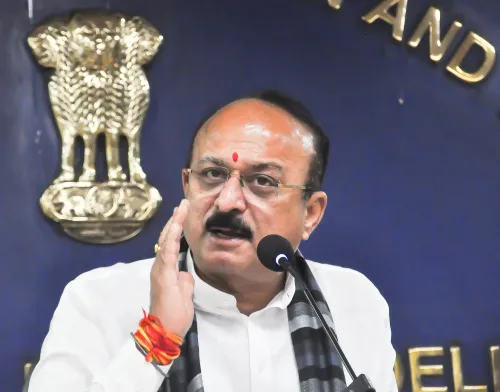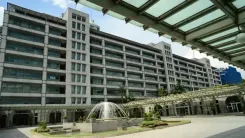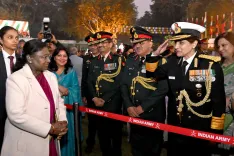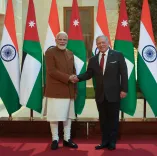Does VP Dhankhar Advocate Direct Subsidy Transfers to Farmers?
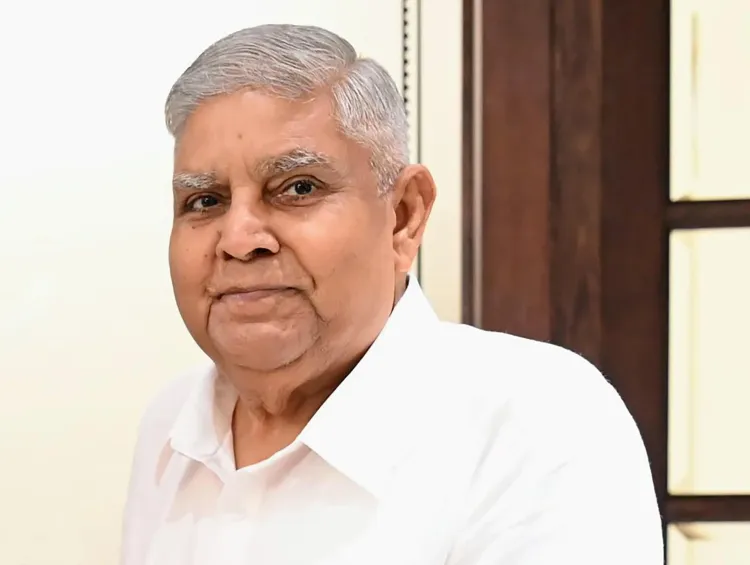
Synopsis
Key Takeaways
- Direct subsidy transfers could enhance farmer income.
- Elimination of middlemen in subsidy distribution is crucial.
- The American model serves as a successful reference.
- Alternative medicine is gaining recognition for its contemporary relevance.
- Ancient texts should be utilized for modern applications.
New Delhi, May 22 (NationPress) Vice President Jagdeep Dhankhar referred to farmers as the heart of India and a crucial element for social stability. He emphasized the government's initiatives aimed at enhancing their income and advocated for the elimination of intermediaries in the subsidy distribution process.
While addressing the scientific community and farmers at the Central Coastal Agricultural Research Institute, a facility established under the Indian Council of Agricultural Research in Goa, the Vice President remarked, "The Government of India is extending substantial support to farmers through various subsidies. The Kisan Samman Nidhi scheme initiated by Prime Minister Narendra Modi is commendable, but I urge organizations to consider the benefits of transferring subsidies directly to farmers instead of through intermediaries."
Referring to the successful model implemented in the United States, Dhankhar stated, "The fertilizer subsidy amounts to a significant sum, approximately three lakh crore rupees. Many may not realize the extent of this support, but if these funds were distributed directly to farmers, each one could receive Rs 30,000-35,000 annually."
"Thus, the current method of providing government assistance is flawed; it should be given directly to farmers. Institutions must assess this approach technically, as it could yield far-reaching effects," he added.
Dhankhar noted that in America, the average income of farming families surpasses that of typical households. "Farmers there receive all government assistance directly, without middlemen," he mentioned.
Earlier, during a separate event at Raj Bhavan in Goa, the Vice President called for a renewed focus on alternative medicine and the evidence-based validation of ancient texts to address modern challenges.
"We are a unique nation... rediscovering our roots is essential. I place great importance on alternative medicine as India is a pioneer in this field and its practice is expanding," he stated.
Urging the use of ancient knowledge, Jagdeep Dhankhar said, "We should not restrict our ancient texts to libraries; they are meant for widespread dissemination. Let’s breathe life into timeless concepts through research, innovation, and reinterpretation with modern scientific tools."
The Vice President also discussed the validation of ancient Indian medicinal systems. "We should pursue evidence-based validation, digitization, translations, and interdisciplinary studies to make these invaluable resources relevant for contemporary issues... I am thrilled that the World Health Organization has acknowledged this by establishing a global center for traditional medicine in Jamnagar, Gujarat. This recognition underscores the universal significance of systems like Ayurveda," he stated.
"It is time for us to revisit our Vedas, Upanishads, and Puranas, and to educate our children from an early age about our rich civilizational knowledge," he concluded.


